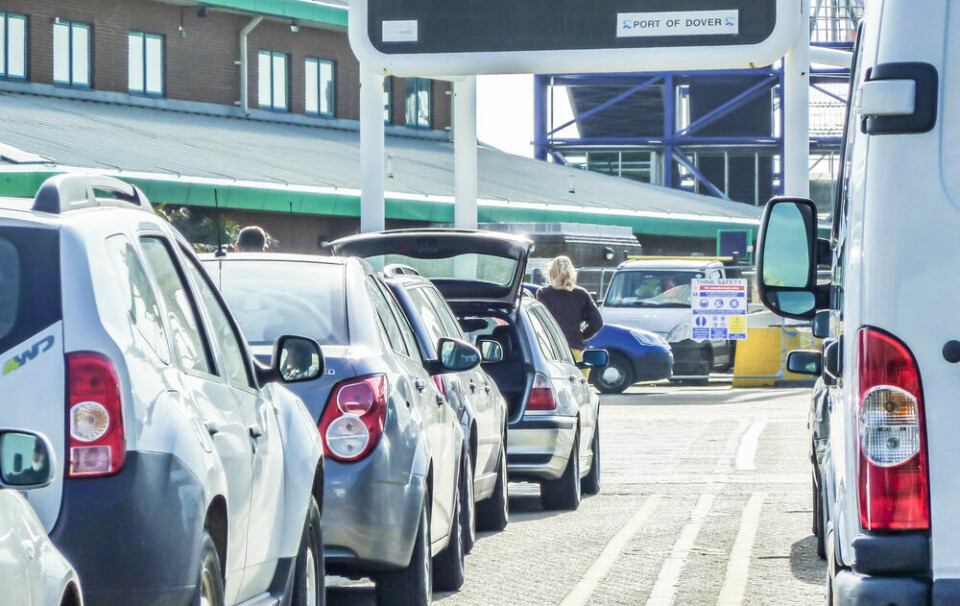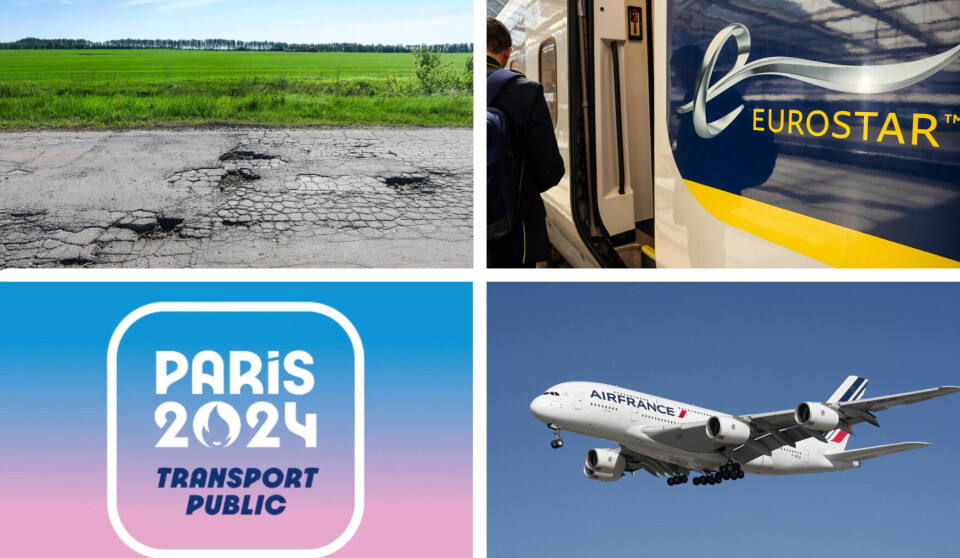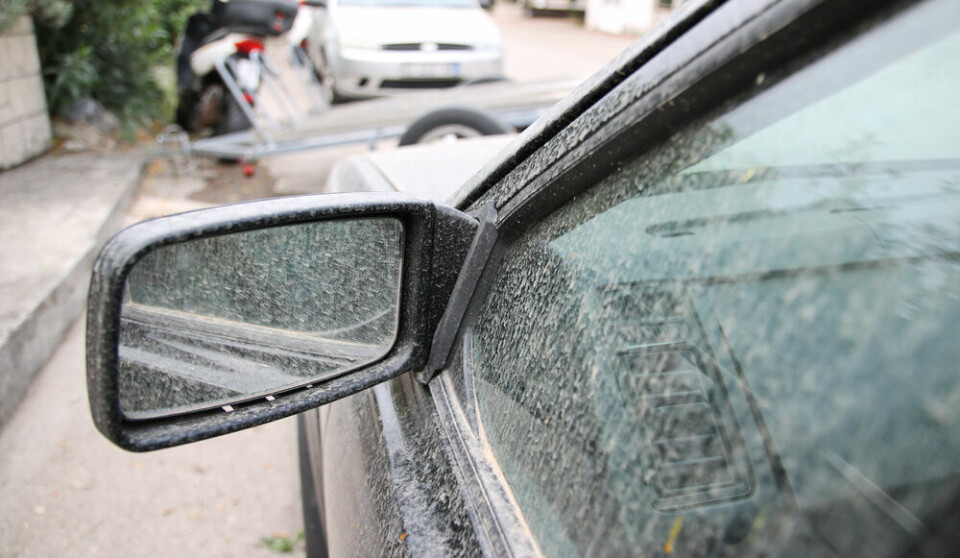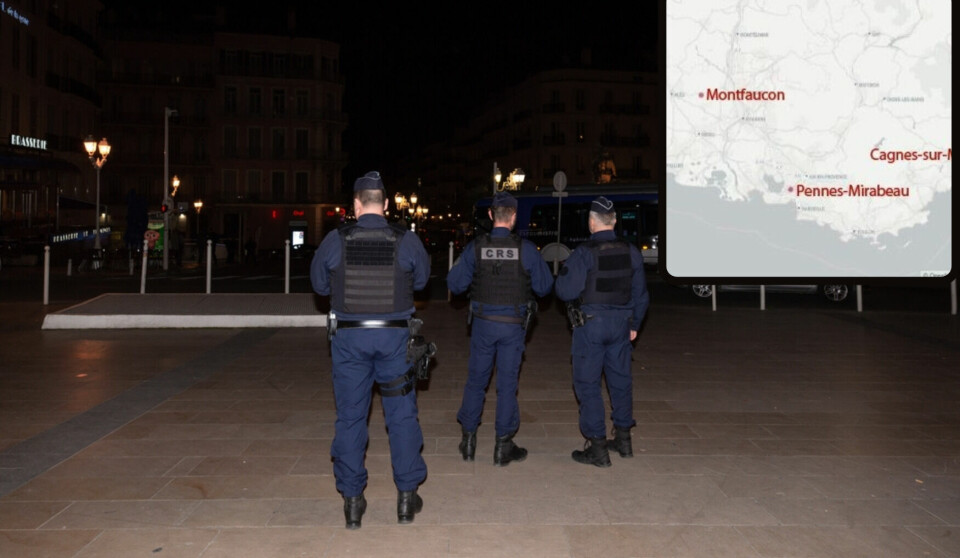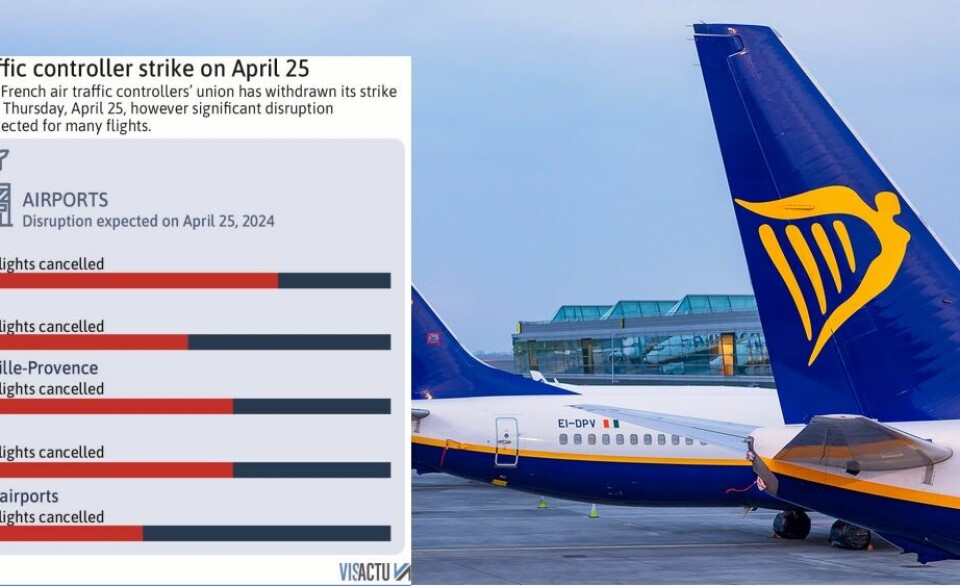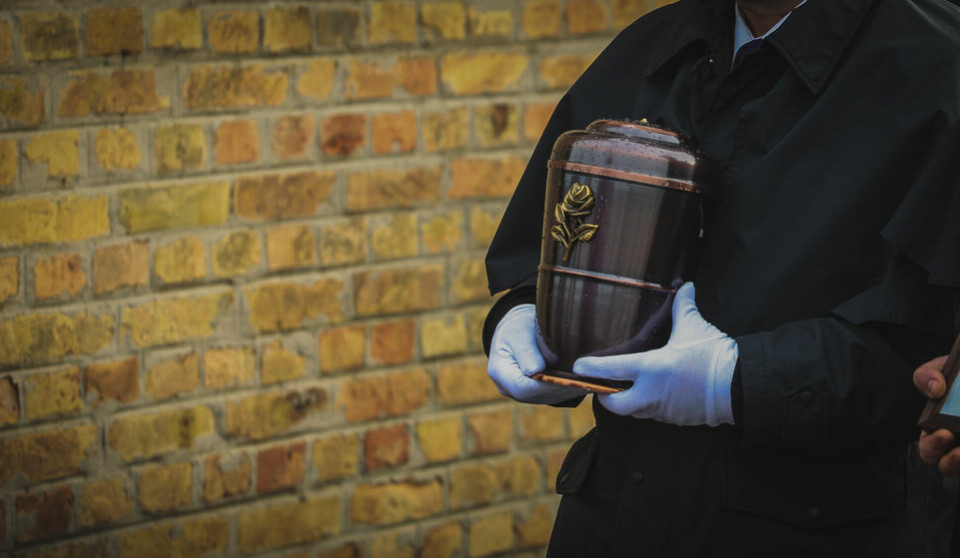-
Opinion: Another week off – how I love living in France
One of the many things I adore about the French is their attitude to time off.
-
Paris hospital dog trial goes from strength to strength
An English setter rescue dog at one of the world’s top cancer hospitals in Paris has been described as “a bubble of oxygen”
-
Map of French accents: which do you prefer?
From the major division between north and south to the departments split in two - everywhere has one
Passports and travel
Britons resident in France no longer need to apply to the British Embassy in Paris for a new passport – a new, centralised, and cheaper (though still more than for UK residents) passport service is in place which costs £102.86, including courier delivery. In the UK (eg. if you apply during a prolonged visit, to allow for delivery in the UK) it is £72.50. Those born before September 2, 1929 get it for free – including those living abroad.
Overseas applications must now be done online at www.gov.uk/overseas-passports (though the process still involves, at the end, printing out and signing forms, which have to be sent to the UK).
You create your application by filling in online boxes. You then enter bank card details for payment in pounds then print off your form (plus guidance notes), which should be signed and sent to a given UK passport office address along with the old passport and two recent photographs that meet the standards detailed in the notes. They must be countersigned by another person if you are not recognisable from your previous passport photo. Obtaining your passport will take around six weeks from the application being received, so make sure you have no journeys planned that need it. Applications can be made up to nine months before the passport expiry date and any unused time will be added to the new one.
The LOCATE service, under which Britons were invited to register with the British embassy in Paris was closed in 2013, because of a lack of use. Details of consular services in
France can be found at: www.gov.uk/government/world/organisations/british-embassy-paris
The Schengen Treaty, which opened EU internal borders, means there are no passport controls in the 25 signatory countries. The UK and Ireland did not sign so you do need your passport to pass between them and the Schengen zone.
However increased security concerns and the increasing number of migrants have pushed a number of EU countries to use temporary powers to reinstall border checks, among them France, so a good rule of thumb is to always have your passport wherever
you are travelling, and to carry some form of photo identification, such as your UK drivers licence.







